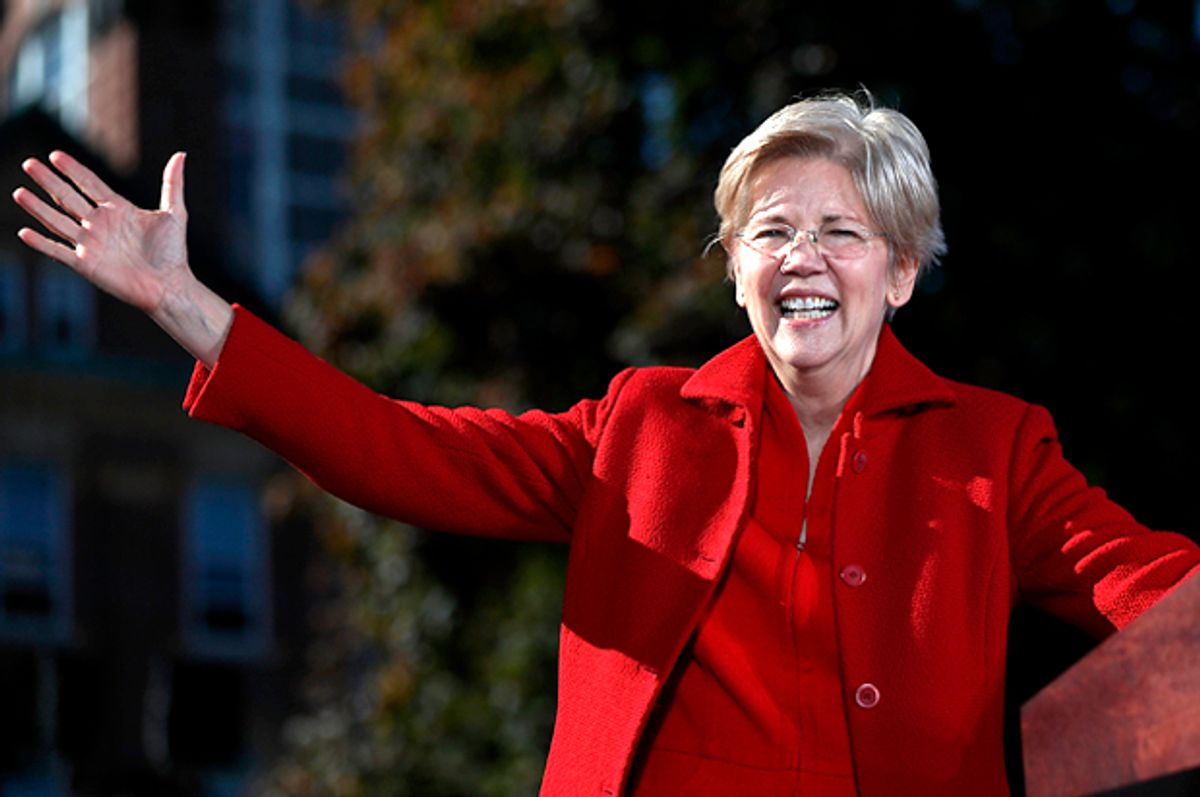If Republicans want a quick jump-start on government reform with their new electoral mandate in January, a top agenda item would be scrapping the Orwellian-named Consumer Financial Protection Bureau (CFPB).
The CFPB, part of the Dodd-Frank regulatory regime adopted by Democrats in 2010, is an agency meant to stop racism and anti-woman bias, but the agency is rampant with internal racism and anti-woman bias, according to the General Accountability Office (GAO), the investigative arm of Congress. President-elect Donald Trump has promised to dismantle the Dodd-Frank Act and, thankfully, this could very well mean the CFPB also.
“Dodd-Frank has made it impossible for bankers to function,” Trump has said. “It makes it very hard for bankers to loan money for people to create jobs, for people with businesses to create jobs. And that has to stop.”
Harvard researchers found that Dodd-Frank has accelerated the demise of community banks, especially those owned by African-Americans and serving a black clientele. Under Dodd-Frank regulations, community banks are disproportionately hit by additional compliance and legal costs, adding to expense ratios, because these smaller banks do not have the economies of scale that larger institutions have to absorb and disperse costs. Score one for the big boys.
Besides the regulatory and policy problems stemming from Dodd-Frank and the CFPB, there’s also the problem of left-wing partisanship. The CFPB is the most partisan federal government agency with the most donations to Democrats, with 100 percent of employee political donations going to Democrats, reported Bill McMorris of the Washington Free Beacon. CFPB employees contributed nearly $50,000 during the 2016 campaign, McMorris reported, with all donations flowing to Hillary Clinton or her primary rival, Vermont Sen. Bernie Sanders. Agency employees made more than 300 donations during the campaign, with not a single one to a Republican candidate.
“CFPB employees fell over each other to give money to Hillary because she supported CFPB’s desire to remain in the shadows and unaccountable to the American people,” Wisconsin Rep. Sean Duffy told McMorris. “No one is shocked that Washington bureaucrats would donate to the candidate who promised to maintain and expand onerous Dodd-Frank regulations that crush our community banks and local credit unions.”
Monolithic, leftist thinking does not encourage critical reasoning; ideological diversity is never on the progressive rubric of grievance. Political minorities are never included in the matrix of repression, and the American public is worse for it. By such utter monolithic political thinking, employees of the CFPB are behaving like teachers' unions — which also tilt far left — casting the people it’s supposed to care about aside in favor of saving its own life.
The conflict of interest inherent in government employees giving money to save their own jobs is why even old-school liberals like New York Mayor Fiorello LaGuardia and AFL-CIO President George Meany opposed public sector unions. They drew a bright line against public unions even as they strongly supported unionization in the private sector. President Franklin Delano Roosevelt, architect of the New Deal, agreed. “Meticulous attention should be paid to the special relations and obligations of public servants to the public itself and to the Government,” he cautioned. “The process of collective bargaining, as usually understood, cannot be transplanted into the public service.”
A brainchild of liberal darling Sen. Elizabeth Warren, the CFPB it is so rampant with hypocrisy, racism and sexism that it alone should disqualify Warren from ever running for president. Warren’s full-throated endorsement of Hillary Clinton as somehow the White Knight against Wall Street was laughable; as Edmund Kozak reports, according to the Center for Responsive Politics, for every one dollar Trump received from the financial industry through July 21, Clinton received more than $539.
The CFPB was also supposed to crack down on banks by outlawing fees, account minimums and the like, but ended up being the reason many account holders pay a fee every time they use an ATM, arguably making things worse.
A textbook case study in the laws of unintended consequences, the CFPB should go the way of Clinton’s emails: disappear into thin air. Consumers are better served by agencies that actually protect the public interest rather than their own self-interest, that encourage competition rather than oligarchy. This should be an easy, early win for the GOP.



Shares